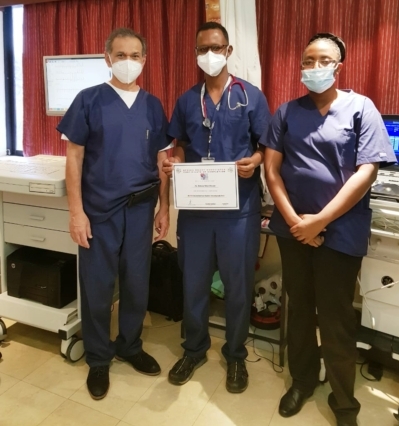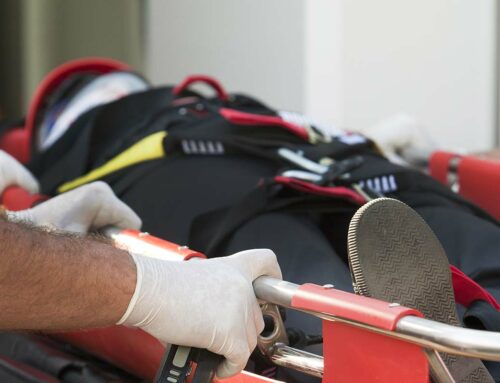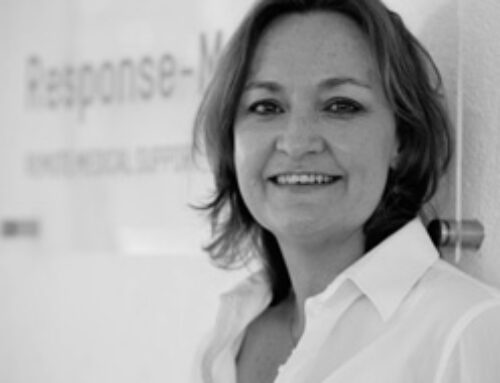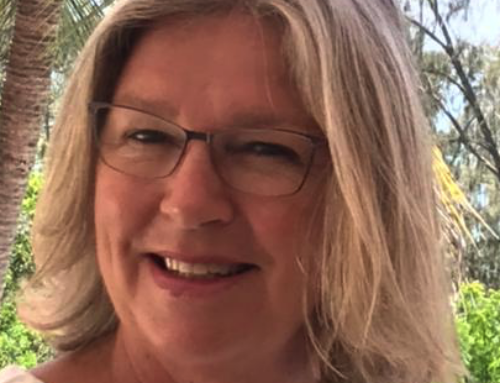As we mark the International Day of Education today, I’m reminded of a quote by Malcom X where he says that “Education is the passport to the future, for tomorrow belongs to those who prepare for it today.”
At Response-Med, we know just how important the right education and training is for the provision of remote medical support in Africa. Time and time again, we have found that providing the right training to the right people, improves patient outcomes and the quality of medical care even in the most remote locations. Even more so, providing those skills to members of the community provides sustainable support and overall upliftment.
Of course, the nature of remote locations means that there is limited to no access to education and training facilities, and Response-Med has had to find alternative ways to upskill and educate those who live and work in these sites. Over the years, we have used our network and partners to deliver essential training and build capacity through numerous initiatives across the region.
In Chad, we used our trauma medics to train and develop community nurses from the Ministry of Health, so that they were able to provide better support in and around the exploration sites. We know that in the region, Emergency and Trauma is not a prioritized discipline, and as such, we have sent a large number of our medics on AMLS (Advanced Medical Life Support) and PHTLS (pre hospital trauma and life support) courses and in turn, they have been able to share their knowledge with local teams.
Our long-term goal in all of our remote site facilities is for them to be staffed by medical personnel from their own communities. To achieve this, we use a number of different programmes that include training of ambulance drivers into being paramedics that can administer basic life support, recruiting local nurses to shadow emergency physicians, local doctors to shadow surgical campaigns and providing mentorship opportunities to all medical staff.
Where possible, we have taken local doctors out of country into more developed cities in order to train with specialists such as Dr. Mohammed, who is one of our Somali doctors spent time at the Aga Khan hospital in Nairobi training with two cardiologists to improve his knowledge and skills. We also get specialist surgeons to go on-site to the remote locations and delivery surgical training in situ.
These are a few examples of how Response-Med incorporates education into all of its remote service support. More than that though, we also deliver training across multiple industry sectors that includes first aid training, health and safety training, community health issue training and of late, a lot of COVID-19 and vaccine training too.
Today, we celebrate all of those who have improved their lives and the lives of others through the power of education.





